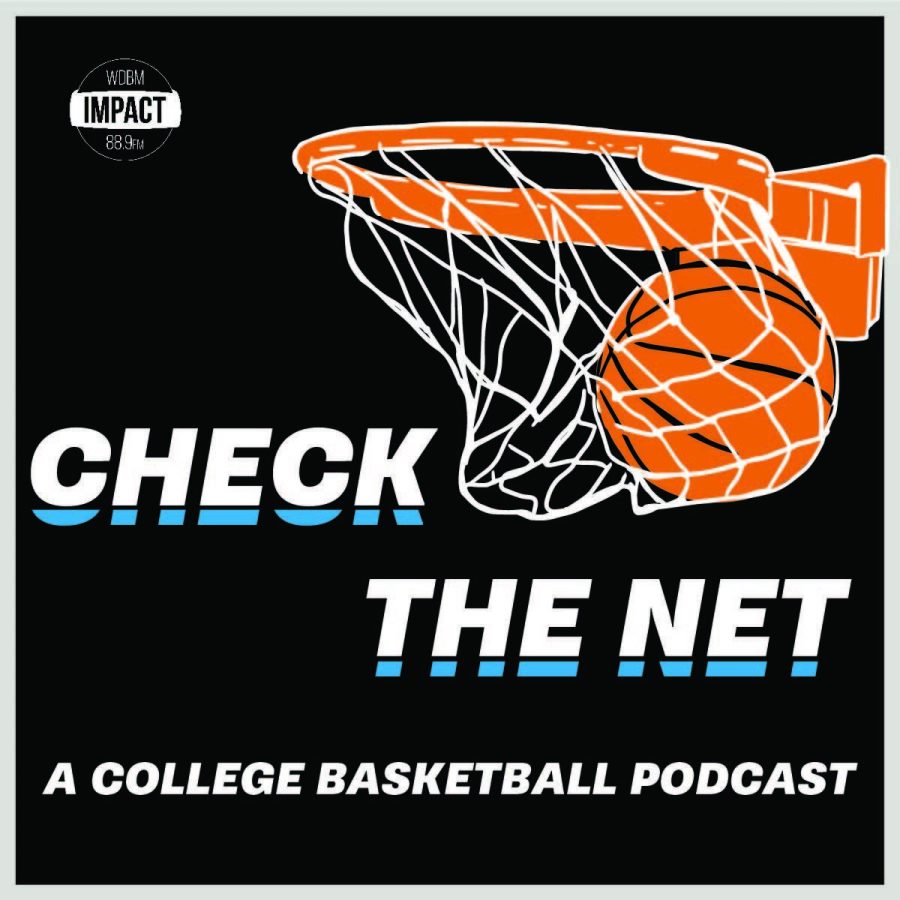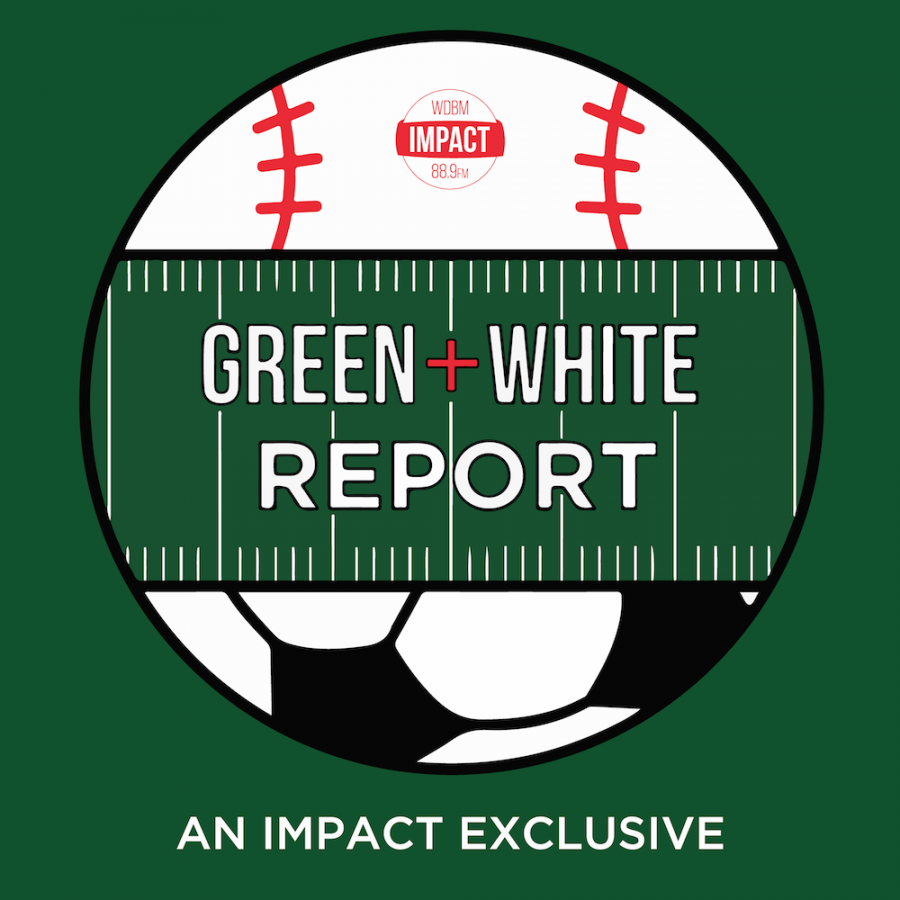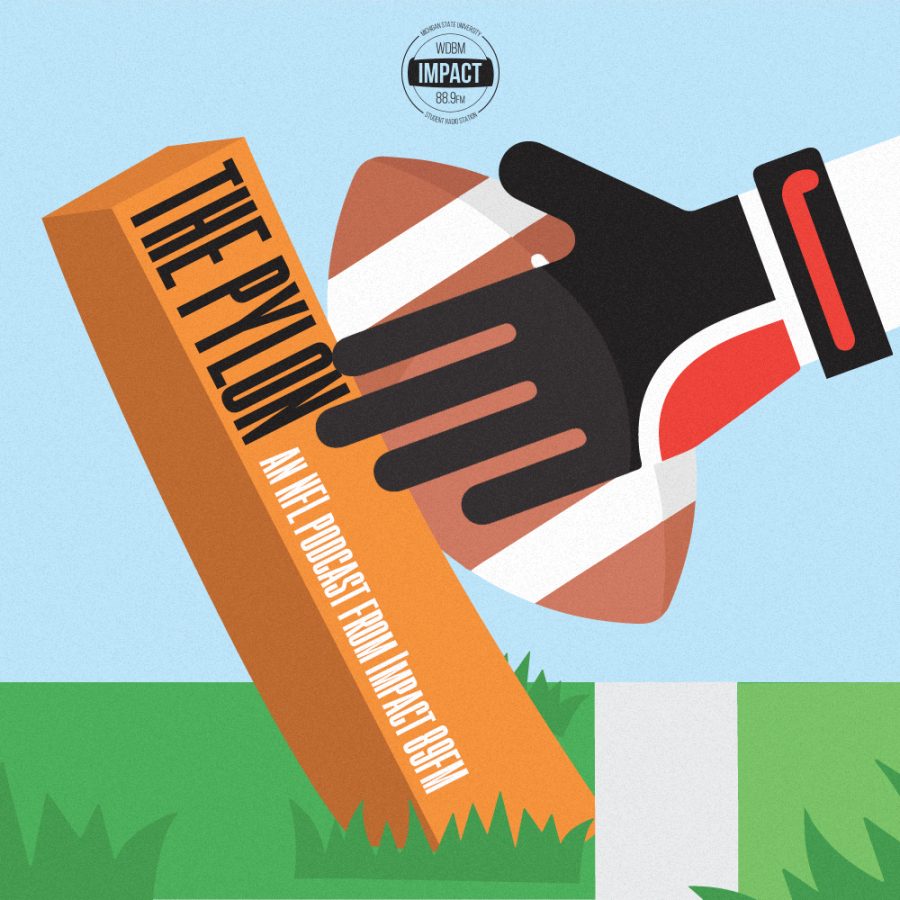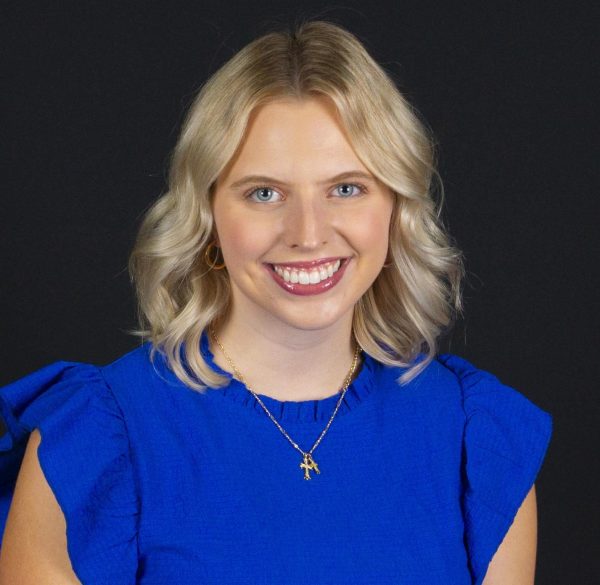Today’s weather forecast is predicting partly cloudy skies with a high of 33 degrees and a low of 22 degrees.
MSU planning strategic fundraising push following years of turbulence
The last time Michigan State University launched a major fundraising campaign, President Barack Obama was worried about the midterms, Nicki Minaj’s “Anaconda” was topping the charts, and the “ice bucket challenge” was all the internet rage.
During that 2014 fundraising push, the university also hadn’t weathered the host of perception-shaping incidents that have come to define the institution’s difficult decade: the Larry Nassar scandal, an unprecedented rate of presidential turnover, the Mel Tucker scandal, and Board of Trustees dysfunction.
Now, in a vastly different place than it was ten years ago, MSU has confirmed to The State News that, “in the coming months,” it’s planning to publicly launch another fundraising campaign, looking to donor support at a pivotal point in the university’s history.
It’s unclear just yet what impact the years of institutional turbulence will have on MSU’s upcoming fundraising push. But, one group of researchers has found that “bad press” tends to have negligible impacts on alumni donations at universities. And, one prominent MSU donor says the university can likely count on the loyalty of its most ardent supporters, in spite of the last decade’s rockiness.
Universities often launch such campaigns for specific purposes, like the construction of new facilities and creation of new endowed professorships. In other cases, goals of fundraising campaigns are loftier and less clearly defined.
While the scale of turmoil at MSU in recent years might make now seem like an inopportune time to solicit donations en masse, one group of researchers has found largely insignificant impacts on university outcomes as a result of bad press.
In their 2019 paper “Any press is good press?” researchers Jason Lindo, David Marcotte, Jane Palmer and Isaac Swensen looked specifically at the effect that federal Title IX investigations of universities have on several outcomes.
The relationship they observed is particularly applicable to MSU today: As MSU prepares for its fundraising push, it’s under seven different federal investigations of its handling of Title IX.
The researchers found that universities under federal investigations actually received donations from alumni at a higher average rate than those that weren’t.
Because MSU hasn’t yet publicly launched the capital campaign, details on what exactly the university intends to fund with the money it raises are unclear.
But, there are some clues in a report from the controversial consulting giant Mckinsey and Company, which was commissioned by President Kevin Guskiewicz last spring for guidance on his administration’s priorities.
Elsewhere in its report, McKinsey makes reference to an “affordability initiative in the Capital Campaign,” recommending that MSU “Raise money to fund major financial aid push so no Michigan student leaves MSU for financial reasons.”
Former grad student says pesticides in MSU research gave her cancer, court records show
A former Michigan State University graduate student intends to seek damages from the university, claiming that her recent cancer diagnosis was caused by the university’s failure to protect her from exposure to “hazardous pesticides and herbicides” during the course of field research she was required to conduct while pursuing her master’s degree.
Court filings obtained by The State News through a public records request show the former graduate student, Linglong Wei, submitted to the Michigan Court of Claims last month a notice of intent to file a claim against MSU in connection to the allegations. Linglong pursued a master’s degree from 2008 to 2011 through the Department of Horticulture under the College of Agriculture and Natural Resources, according to the notice of intent.
During that time, she was “required to participate in field research, which involved the spraying of hazardous pesticides and herbicides, including but not limited to paraquat dichloride, glyphosate and oxyfluorfen,” the notice of intent said.
Linglong was diagnosed with thyroid cancer on June 26, according to the notice of intent.
She is seeking recovery for damages, “including but not limited to past, present, and future medical expenses, wage losses, attendant care, household services, mileage, and pain and suffering,” the notice said.
MSU student in need of Kidney donation after end-stage disease diagnosis
In October of this year, Michigan State University advertising junior Liam Clegg was diagnosed with end-stage kidney disease. Since the diagnosis, his family has been determined to find him a living donor.
End-stage kidney disease is kidney failure, the most viable solution for which is a kidney transplant. In the meantime, Liam must complete dialysis three times a week, each session lasting around four hours at a time. Dialysis, however, is only a temporary solution.
Since Liam’s diagnosis, his family has taken to social media to get the word out and find a donor. Liam has type A blood, so he can receive a kidney from other people who are type A, positive or negative, as well as people with type O blood. However, blood type is not the only thing that goes into finding a match.
The second thing is the donor’s health, as well as the donor having to match antibodies in their blood.
Those who think they may be a match and are interested in being a donor are encouraged to contact Liam’s father, David directly at 248-688-8388 through a text or phone call.
Another thing that is important for the Cleggs is trying to find out why Liam got sick in the first place. As of right now, their doctors have been unable to find answers.
Since he was a kid, Liam has been extremely active and hasn’t really had any health issues. Both sides of his family also have no history of kidney disease or disorders.
The many doctors that the family has been going to are working through a few possibilities, some related to rare blood disorders, but nothing is concrete.
Until then, the Cleggs are taking it day by day and doing everything they can to find Liam a donor.
Based on original reporting by Owen McCarthy and Hannah Locke.











